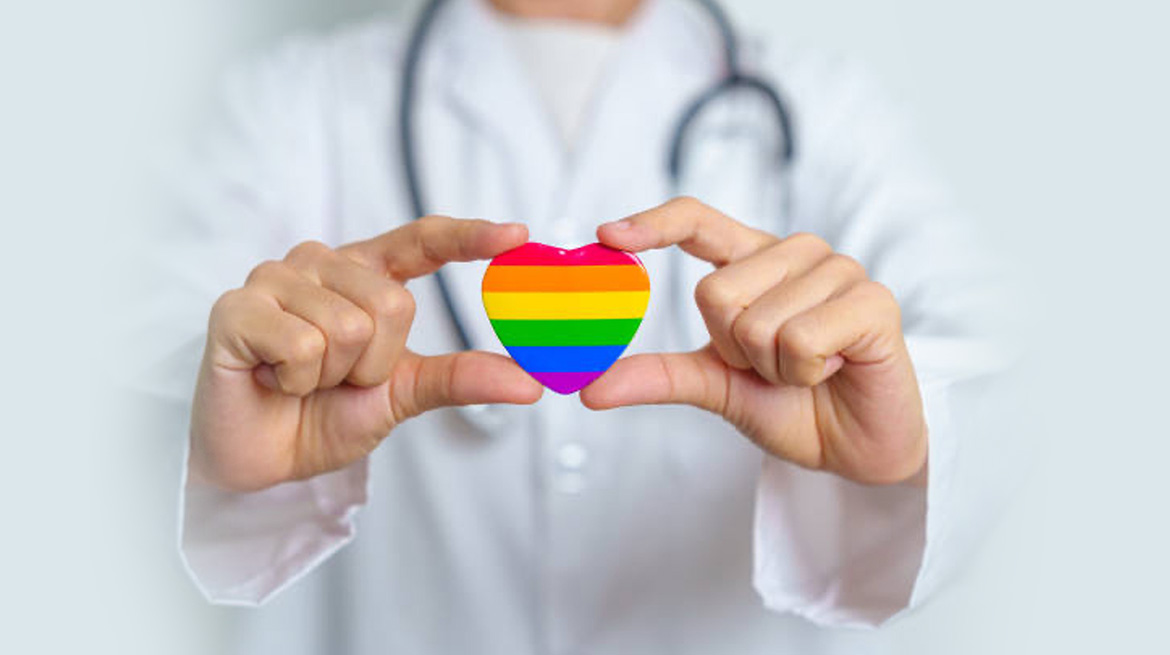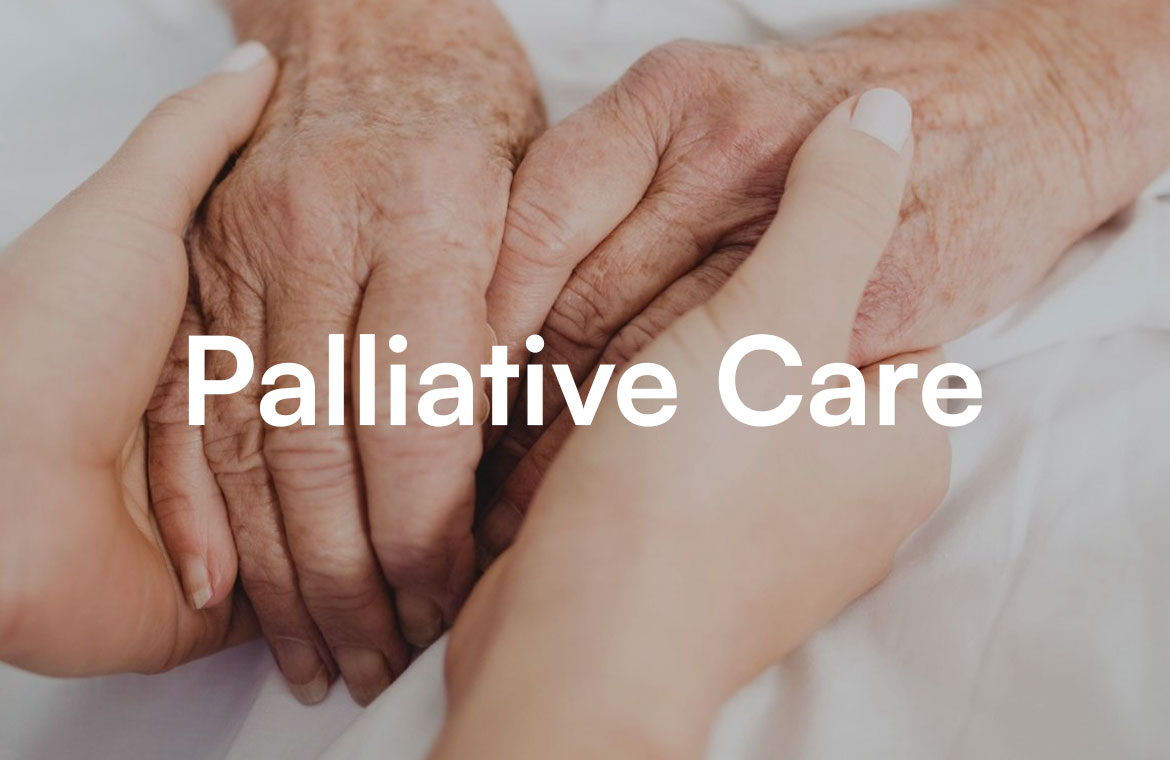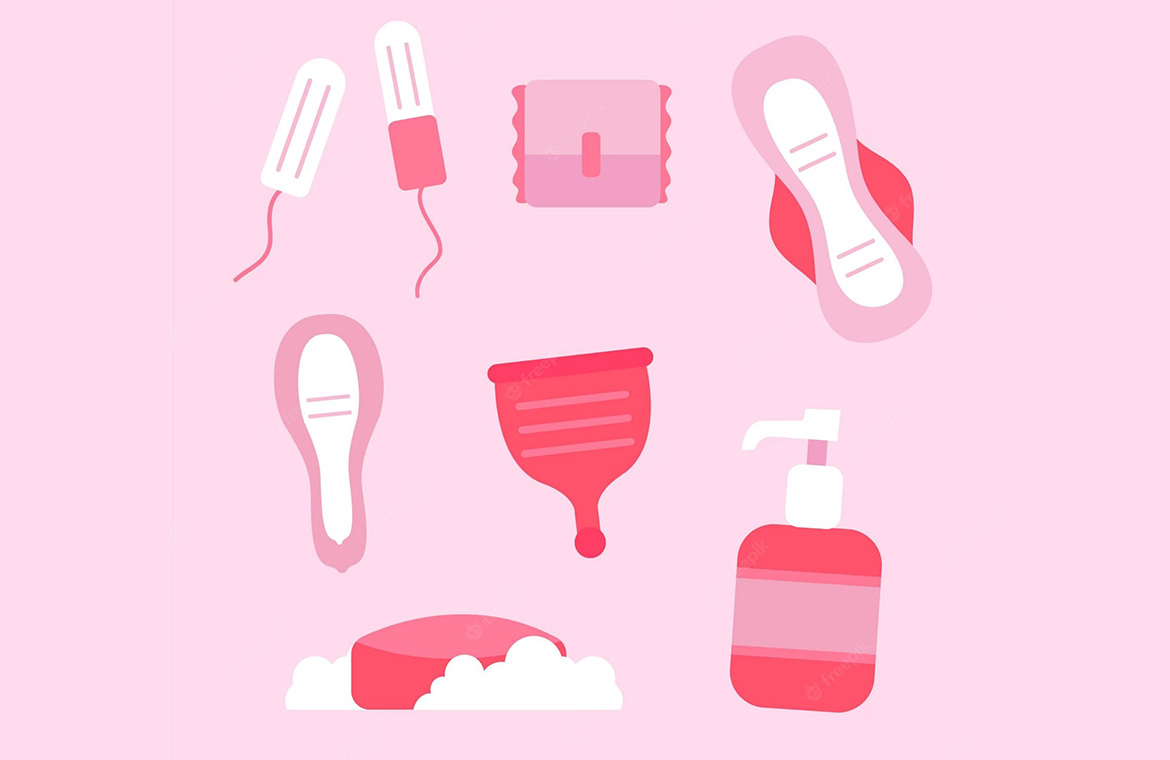The Necessity of Inclusive Healthcare
India has made significant strides in public health, yet healthcare access for the LGBTQ+ community remains insufficiently addressed. Despite the landmark 2018 Supreme Court ruling decriminalizing homosexuality, legal advances alone cannot erase decades of healthcare stigma and discrimination. Fear of bias, mistreatment, and denial of care severely affects LGBTQ+ individuals, leading to delayed diagnoses, worsening mental health, and limited preventive care.
Persistent Health Disparities
Discrimination amplifies the healthcare challenges faced by LGBTQ+ individuals, notably in:
Mental Health and Substance Use
- LGBTQ+ individuals experience 2-3 times higher rates of depression, anxiety, and suicidal behaviors.
- Societal rejection and practices of condemned conversion therapies further compound psychological trauma.
- Substance abuse prevalence is higher due to chronic stress and inadequate mental health support.
Preventive Healthcare Barriers
- Transgender individuals often face difficulties accessing gender-affirming care, including hormone therapies and mental health services.
- Lesbian and bisexual women frequently forego cervical cancer screenings due to misconceptions regarding risk.
Elevated Rates of STIs and HIV
- Men who have sex with men (MSM) and transgender women have disproportionately higher HIV and STI rates.
- Insufficient inclusive sexual health education contributes to misinformation and risky behaviors.
- Many healthcare providers lack appropriate training on LGBTQ+-specific sexual health, resulting in suboptimal care.
Hormonal and Reproductive Health
- Transgender men and non-binary individuals on hormone therapy require specialized management of potential health effects.
- Gay and bisexual men’s fertility concerns are frequently overlooked in reproductive health services.
Strategies for Inclusive Healthcare
Achieving healthcare equity requires structural reforms, policy interventions, and community initiatives:
Training Healthcare Providers
Formal LGBTQ+ health training is often absent from medical education. Integrating comprehensive sensitivity training ensures:
- Respectful, gender-affirming care.
- Bias-free communication.
- Inclusive sexual and reproductive healthcare.
The 2024 National Technical Guidelines on STIs advocate for healthcare provider training that includes:
- Gender-sensitive STI screening protocols accommodating transgender anatomical variations.
- Education on hormone therapy, surgical interventions, and related STI risks.
Strengthening Mental Health Support
Mental health initiatives tailored specifically for LGBTQ+ communities should be accessible and affordable:
- Enforce strict legal bans against conversion therapy.
- Expand peer-support groups and community-based counseling services.
Inclusive Public Health Policies and Awareness
Public health frameworks must explicitly include LGBTQ+ populations:
- Ensure universal access to HIV prevention, testing, and treatment.
- Conduct targeted, language-specific health awareness campaigns.
The updated NACO STI Guidelines (2024) emphasize:
- Equitable allocation of resources in national STI/HIV programs.
- Regional language outreach to address misinformation.
- Universal availability of STI/HIV treatment and preventive measures, including PrEP and PEP.
Additionally, HPV vaccination is highlighted as crucial for LGBTQ+ health:
- Regular HPV vaccinations and cervical screenings for lesbian and bisexual women.
- HPV screening for transgender men with retained cervixes.
- Proactive HPV vaccination for all LGBTQ+ individuals.
Creating Safe Healthcare Environments
Healthcare facilities must foster inclusivity by:
- Providing gender-neutral waiting areas and restroom facilities.
- Implementing inclusive medical history forms.
- Appointing dedicated LGBTQ+ health advocates to ensure non-discriminatory practices.
Towards a Universal Healthcare System
India’s healthcare system can achieve true universality through collective action. LGBTQ+ individuals do not seek special treatment but equitable healthcare without prejudice. As India advances toward Universal Health Coverage (UHC) and Sustainable Development Goals (SDGs), integrating LGBTQ+ health equity is vital.
Ultimately, healthcare transcends labels—it’s about human dignity.
References
- National Center for Transgender Equality. (2020). LGBTQ+ Health Disparities Report.
- WHO. (2021). LGBTQ+ Mental Health and Well-being Report.
- Indian Psychiatric Society. (2022). Position on Conversion Therapy.
- The Lancet. (2023). Transgender Health in India.
- WHO & UNFPA. (2022). Global Cervical Cancer Screening Guidelines.
- National AIDS Control Organization (NACO). (2023). Annual HIV Surveillance Report.
- Indian Journal of Endocrinology. (2021). Hormone Therapy Guidelines for Transgender Individuals.
- National AIDS Control Organization (NACO). (2024). National Technical Guidelines on STIs.




